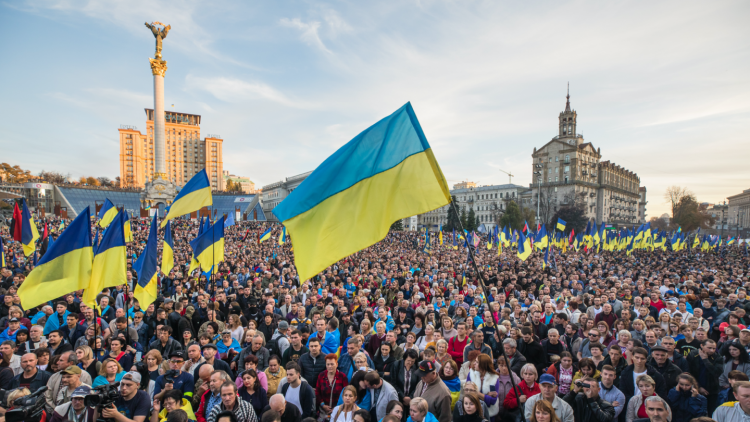
On October 23, the Draft Law No. 4254 on Public Consultations (approved by the Cabinet of Ministers and developed by the Ministry of Justice and CSO experts), was registered in the Ukrainian Parliament. Currently, the procedure of public consultations is regulated in a fragmented way. As per the Law “On Access to Public Information” (part 3 of Article 15), authorities have to publish draft acts 10 days before their adoption, but the procedure for receiving feedback on such projects is not provided. Moreover, the Decree of the Cabinet of Ministers on “The procedure for public consultations on the formation and implementation of state policy” (November 3, 2010 #996), is mandatory only for the executive branch and does not extend to other state bodies including local authorities. This approach leads to a contradictory practice of law enforcement: state bodies and local governments conduct public consultations differently. In addition, in the vast majority of cases, public consultations are not provided for in the early stages of policy-making and stakeholders are not involved in the discussion. This results in ineffective decisions, and their delegitimization.
The current draft law clearly defines timelines for holding public consultations as well as the list of issues to be discussed through the consultations. In particular, it obliges the State and local authorities to hold public consultations during the development and implementation of state and regional policies as well as while preparing draft strategic and policy documents and regulations. Moreover, it prohibits the adoption of such draft legal acts without holding public consultations first.
The draft law also envisages the establishment of a single web portal for public consultation and attributes for the procedures for electronic and targeted consultations, as well as the procedure for public discussions. Furthermore, it provides the right of parties engaged in the consultations to submit proposals on draft legal acts and receive materials and reports from the public consultations (not later than 15 days after the public consultations ended).
Overall, the draft law will improve civil society’s access to decision-making both at the national and local levels, promote good governance, and ensure a balance between public and private interests.
Once the draft law is adopted, the Law on Local Self-Governance, and its section on public consultations, has to be brought in compliance with it.
